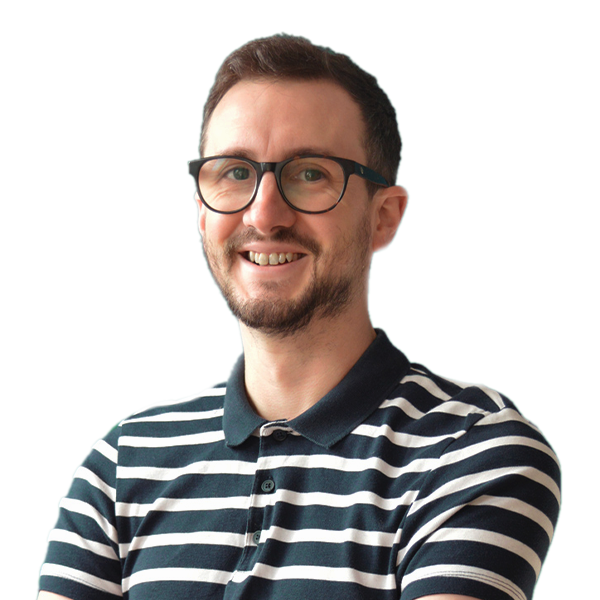First baby born in the UK using Early Embryo Viability Assessment (EevaTM) test
Menlo Park, CA, 5 June 2013 – Auxogyn, Inc. announced today the birth of one of the first babies to be born after embryologists used the Early Embryo Viability Assessment (EevaTM) Test to select and identify the most viable embryo for implantation into the mother’s womb. The Hewitt Fertility Centre in Liverpool, UK, where the baby was born on 31st May 2013, is one of six IVF clinics in the UK offering the Eeva test to parents as part of an enhanced IVF treatment.
“We are proud to be part of a process that can help to give couples a better chance of conceiving children through IVF.” said Lissa Goldenstein, president and CEO of Auxogyn Inc. “The Eeva test has been developed specifically to improve embryo selection before implantation by providing clinicians with information on embryo viability. “
Numerous embryologists in the UK are successfully using Eeva’s time-lapse enabled test and hopeful parents are benefitting from its advantages. Screening of the embryo has been a routine procedure in IVF treatment, but unlike other monitoring technologies, the analysis from the Eeva test also helps the clinician identify the most viable embryo. With greateropportunity for success, it may be possible to reduce multiple births by enabling single embryo transfer for a large number of patients.
The Eeva test uses intelligent software to measure key scientifically and clinically validated cell-division parameters from time-lapse images. It is the first and only non-invasive IVF test designed to improve the selection of embryos that will likely grow to the blastocyst stage, a critical milestone in embryo development.
“With more than 500 patients’ embryos tested with Eeva since its approval for use in the EU in July 2012, this successful birth is the first of many more babies to be born throughout Europe.” said Lissa Goldenstein. “We are very excited to rapidly bring this new test to IVF clinics throughout Europe, enabling more families to fulfil their dream in building a family.”
About the Early Embryo Viability Assessment (Eeva) Test
The Eeva Test is designed to improve embryo selection by providing clinicians with objectiveinformation to more confidently select embryo(s) for transfer to help achieve better IVF outcomes. Eeva’s proprietary software automatically analyses embryo development against scientifically and clinically validated cell-division parameters discovered by researchers at Stanford University in the US. The Eeva Test not only provides novel information, but also ensures consistent measurements to assess embryo development versus the manual methods used today in clinical practice. With Eeva, IVF clinics may be able to optimize the treatment path for their patients undergoing IVF procedures. The Eeva Test was validated in a prospective, multi-centre, 54-patient clinical trial with 758 embryos. Embryologists using Eeva were significantly able to improve their ability to identify non-viable embryos relative to traditional methods. Additionally, Eeva was able to increase the consistency of embryo assessment across embryologists. Results of this study were presented in July 2012 at the European Society of Human Reproduction and Embryology (ESHRE) Annual Meeting in Istanbul, Turkey.
Eeva is currently CE Marked and available for use in the EU and is pending FDA clearance in the United States. The Eeva test is available at the Bourn Hall Clinic, CRM London, Hewitt Fertility Centre, GCRM in Glasgow, Sims IVF in Ireland and Wessex Fertility Centre in Southampton. For more information about Eeva, visit eevaivf.com or follow Eeva on Twitter @EevaIVF.
About Auxogyn
Auxogyn is revolutionising the field of reproductive medicine by translating scientific discoveries inearly embryo development into clinical tools. The Company’s flagship product, the Eeva™ Test, delivers consistent, objective information regarding embryo viability that IVF clinicians and infertility patients can use to make important treatment decisions. Auxogyn is privately held and funded by Kleiner Perkins Caufield & Byers, Merck Serono Ventures, SR One and TPG Biotech. For more information regarding Auxogyn, please visit www.auxogyn.com and follow us on Twitter @Auxogyn.
About IVF
Infertility affects one out of every 7 couples in the United Kingdom. The demand for assisted reproduction tools and procedures is growing worldwide due to higher infertility rates caused by an increasing maternal age as more women are starting families later in life. This worldwide growth is occurring despite the significant cost per IVF cycle and the low success rate, with approximatelyone-third of cycles resulting in a live birth. This necessitates the transfer of multiple embryos and/or conducting multiple cycles, leading to greater physical, emotional, practical and financial costs, before determining if pregnancy can be achieved.
Media Contact:
Sylvie Berrebi
Got an innovation you need bringing to life?
We’d love to hear from you! Head to our contact page to start a conversation.
